Únase a getAbstract para acceder al resumen.
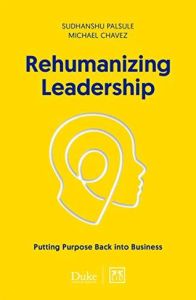
Únase a getAbstract para acceder al resumen.
Michael Chavez and Sudhanshu Palsule
Rehumanizing Leadership
Putting Purpose Back into Business
LID Publishing, 2020
¿De qué se trata?
As the future of work changes, thriving in the 21st century will require embracing your humanity.
Recommendation
The workplace will be drastically different in 2030: AI, robotics and machine learning will threaten firms that cling to outdated 20th-century business models. But it won’t be as dystopian as you might fear, say academicians Sudhanshu Palsule and Michael Chavez. Embracing your humanity is the secret to thriving in the new economy. Palsule and Chavez explain how to use valuable human skills, like empathy. Writing in an analytical, instructional style, they deftly distill complex ideas into a guidebook for leaders, challenging traditional concepts of power and human nature, and reimagining the purpose of organizations.
Summary
About the Authors
Michael Chavez, who has 25 years of executive management, strategy and development experience at global organizations, is the CEO of Duke University’s Duke Corporate Education department, where Sudhanshu Palsule is a CEO adviser and professor.









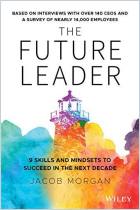

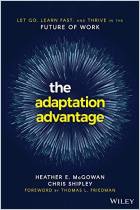
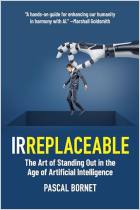
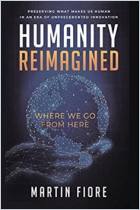







Comment on this summary